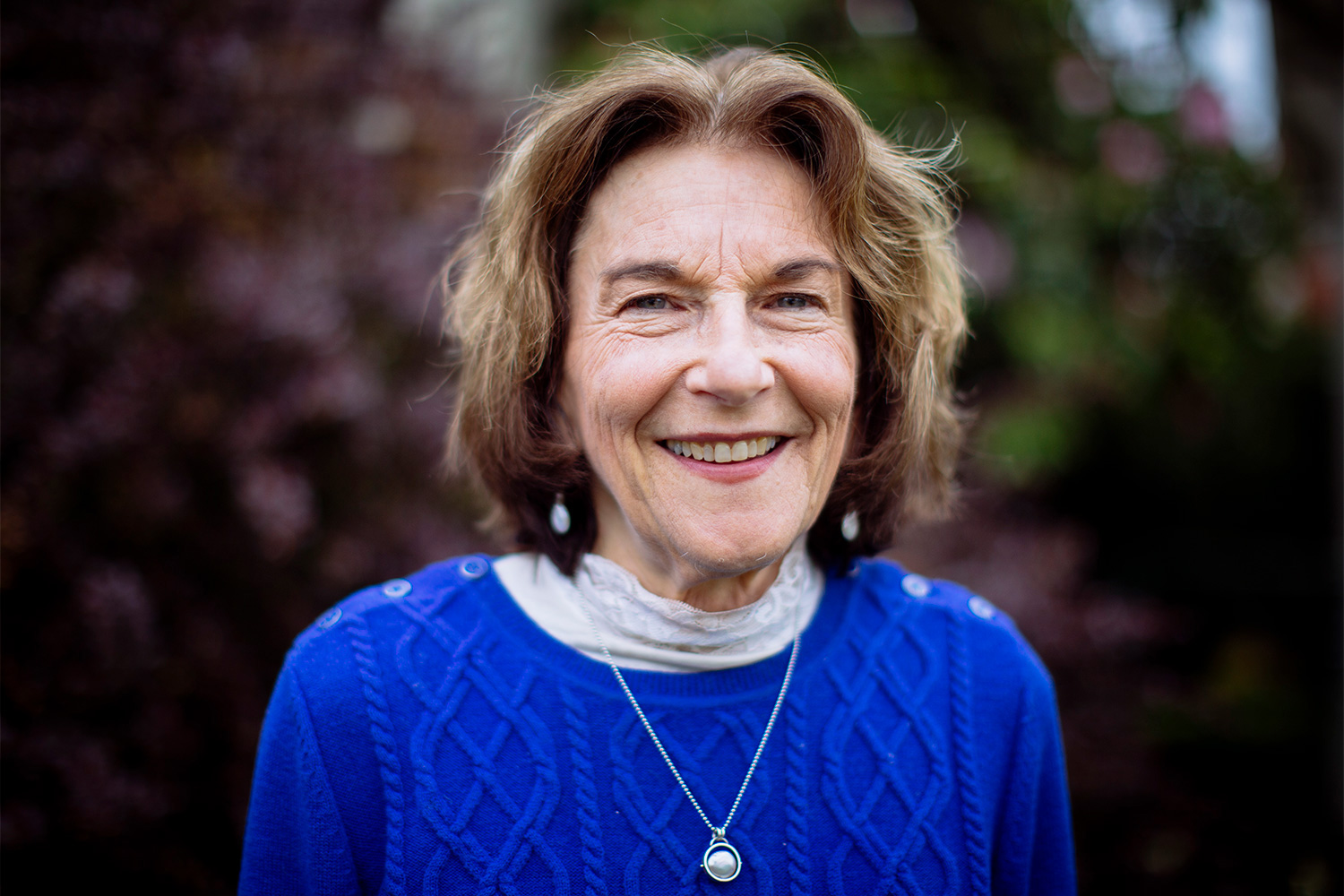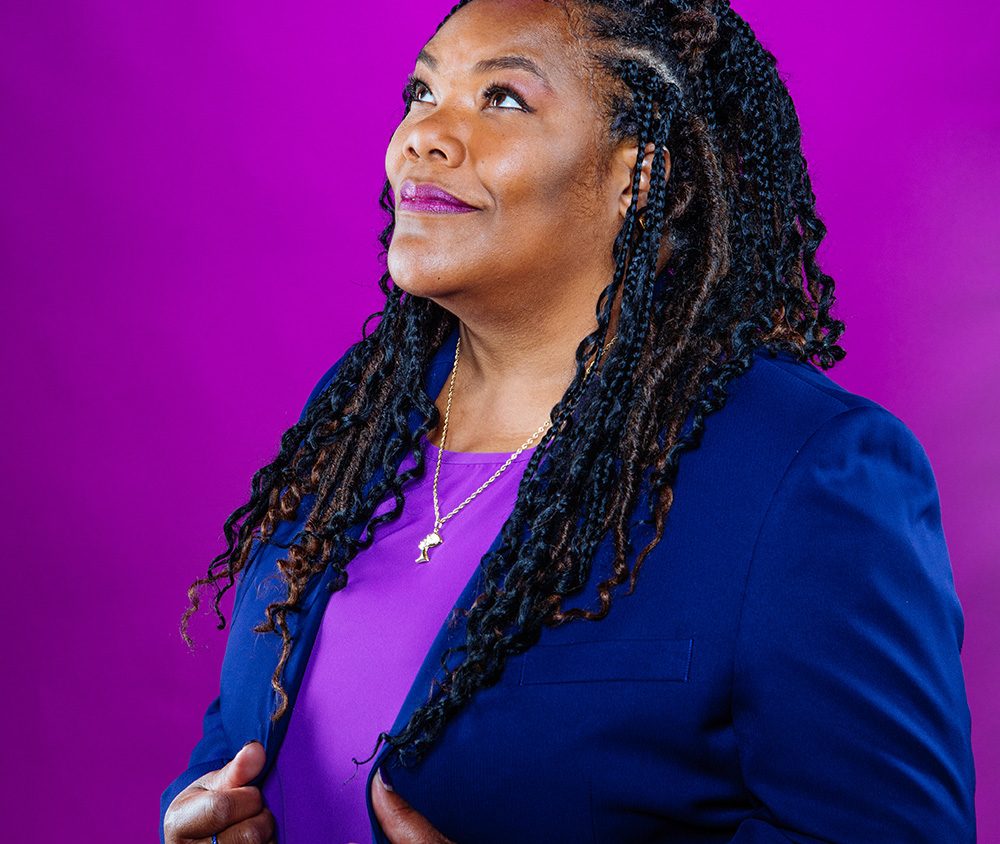By Henry Houston and Taylor Perse
The May 18 special election didn’t have the national or state policy stakes of the two 2020 elections, but the results did bring some diversity to local education boards. From contested races for seats on the Lane Community College Board of Education to Eugene School District 4J and Springfield School District, it was an education-based election.
In Eugene School District 4J, Laural O’Rourke, a Black woman, won Position 2 by a landslide with 81 percent of the vote, defeating Harry Sanger who received 17 percent. In Position 6, Maya Rabasa, a woman of color, is the clear winner with 85 percent of the votes. Although Dakota James Boulette dropped out of the race, he still ended up with some votes.
For Position 3 incumbent Judy Newman received 50 percent of the vote against Tom Di Liberto with 42 percent and Bryan Costa with 6 percent.
“I’m excited and am really happy to serve another four years,” Newman says, adding that it was a rigorous race with good debate and conversation. She says she is committed to continuing her work, mainly with All Students Belong, which promotes restorative justice, and she also looks forward to figuring out more district funding.
“I’m grateful for the voters, for the support and the interest the community shows in our kids and education.”

The May 18 special election had a low turnout, according to unofficial 10 pm results from Lane County Elections: 23 percent of voters cast their ballots.
In the two contested races for open seats on the Springfield Board of Education, Kelly Mason and Jonathan Light are in the lead as of press time. In a crowded race for Position 3, Light received 43 percent of the vote, and in Position 5, Mason leads over Ruth Linoz, 45 to 39 percent; Lisa Barrager, the incumbent, decided to pull out of the race after the filing deadline and endorsed Mason.
Mason, who grew up in the Springfield school system, says she’s looking forward to re-introducing herself to the school staff, faculty, parents and students as a board member. “To say I’m an elected official at 25 years old is amazing,” Mason says.
Mason says she’s going to maintain an open line of communication with the community, especially when it comes to tough subjects, such as school resource officers. As candidates, Mason and Linoz had different values — most prominently around whether the schools should have armed police officers on school grounds. Given Springfield’s history, Mason says it’s a difficult subject to address, but she hopes when the contract with Springfield Police Department comes up, options can emerge, such as having plainclothes police officers on campus who are well trained in trauma-informed practices.
The winners of the two contested LCC College Board of Directors races were Holli Johnson and Steve Mital. For the Zone 1 seat, Johnson received 67 percent of the vote, defeating Mark Boren and Thomas Jennings, and making her the first Black woman elected to the LCC board. For Zone 5, Mital had 63 percent of the vote, beating former state legislator Al King.
Mital ran a minimal campaign, he says, so he hopes the results inspire future candidates with limited resources in future elections. “You don’t need to raise and spend a lot of money to win a local election,” he says. “Our community trusts the publicly funded voter’s guide, endorsements from community leaders and newspapers, and candidates’ past community service. That’s one of the many special things about Lane County. Let’s keep it that way.”
Johnson was appointed to the LCC board earlier this year, so winning her first election means she has the backing of the community, she says, adding that the time for diversity on the board is now.
“I’m a new political leader, but I’m not new to life, I’m not new to hard work, I’m not new to education,” she says. With her own kids in K-12, a full-time job and being deeply involved with the Black community, Johnson says she’s ready to provide a voice for the nontraditional, working student who attends LCC. “My voice will be heard,” she says.
